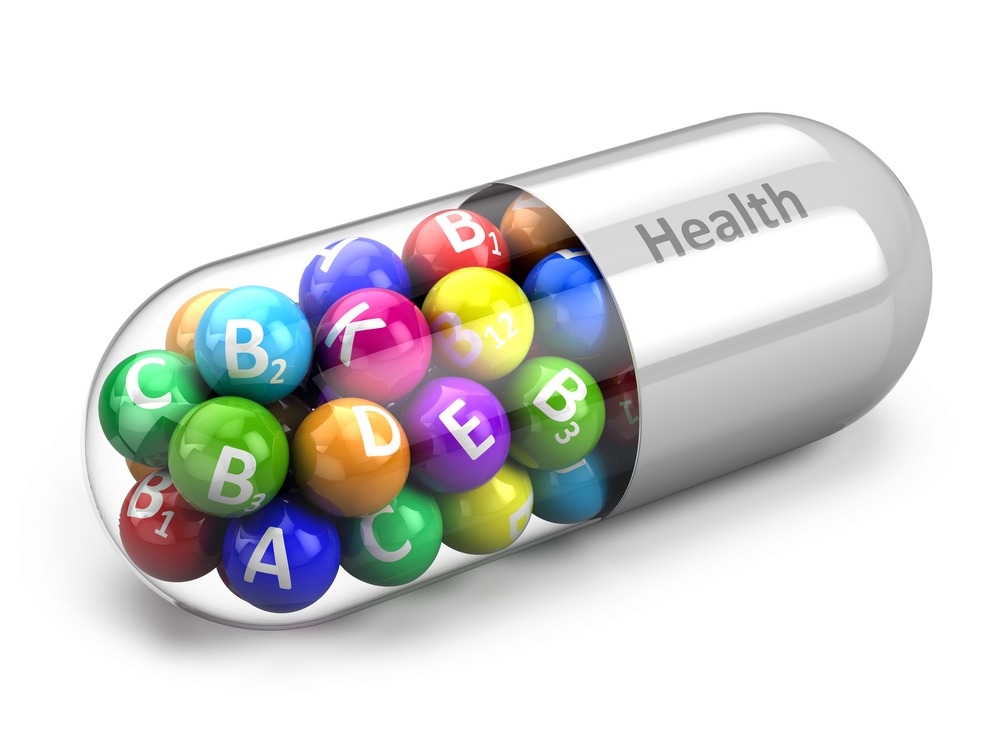Vitamins C, D, E, K
Welcome back to my vitamin blog! In this week's post, we will be discussing some essential vitamins that are necessary for our bodies to function properly.
That's all for this week's vitamin blog! Be sure to check back next week for more information on vitamins and their importance for our overall health and well-being.
Go Back - Vitamin C: Vitamin C is an important antioxidant that helps to protect our cells from damage caused by free radicals. It also plays a crucial role in collagen synthesis, which is important for healthy skin, bones, and cartilage. Vitamin C can be found in many fruits and vegetables such as oranges, kiwi, strawberries, bell peppers, broccoli, and kale. It is recommended that adults consume at least 75-90mg of vitamin C per day.
- Vitamin D: Vitamin D is known as the "sunshine vitamin" because our bodies can produce it when our skin is exposed to sunlight. However, many people do not get enough vitamin D from sunlight alone and need to get it from their diet or supplements. Vitamin D is important for bone health, as it helps the body absorb calcium. It also plays a role in immune function and may help reduce the risk of certain diseases such as multiple sclerosis and some types of cancer. Good food sources of vitamin D include fatty fish like salmon and tuna, egg yolks, and fortified foods such as milk and cereal.
- Vitamin E: Vitamin E is another important antioxidant that helps to protect our cells from damage. It also plays a role in immune function and may help reduce the risk of certain diseases such as Alzheimer's and Parkinson's. Vitamin E can be found in many nuts and seeds such as almonds, sunflower seeds, and hazelnuts, as well as in vegetable oils such as sunflower, safflower, and soybean oil.
- Vitamin K: Vitamin K is important for blood clotting and bone health. It can be found in leafy green vegetables such as kale, spinach, and collard greens, as well as in other foods such as broccoli, cabbage, and soybeans.
That's all for this week's vitamin blog! Be sure to check back next week for more information on vitamins and their importance for our overall health and well-being.
